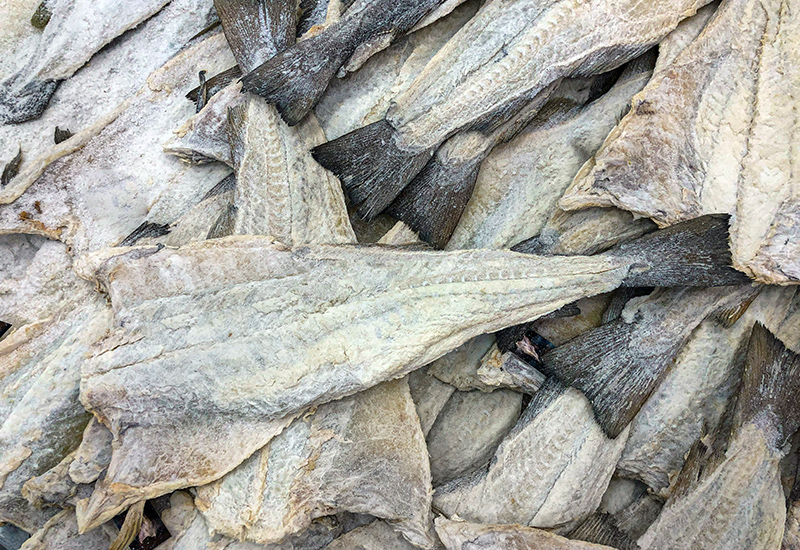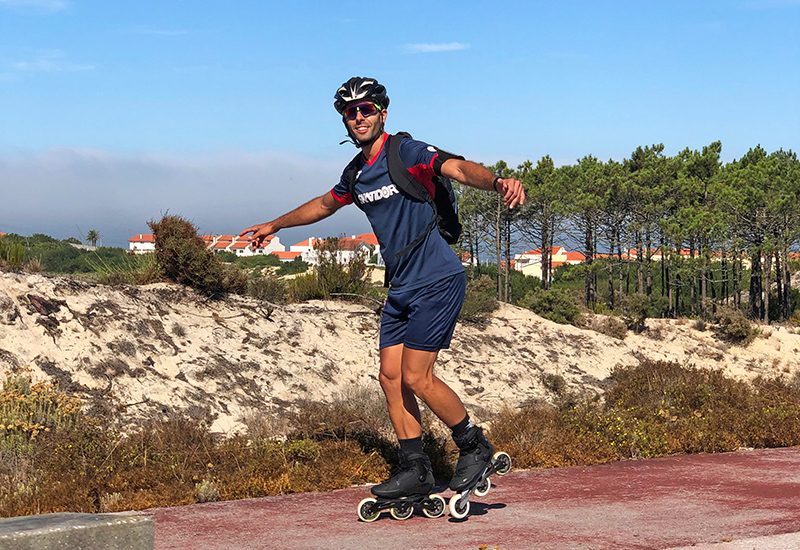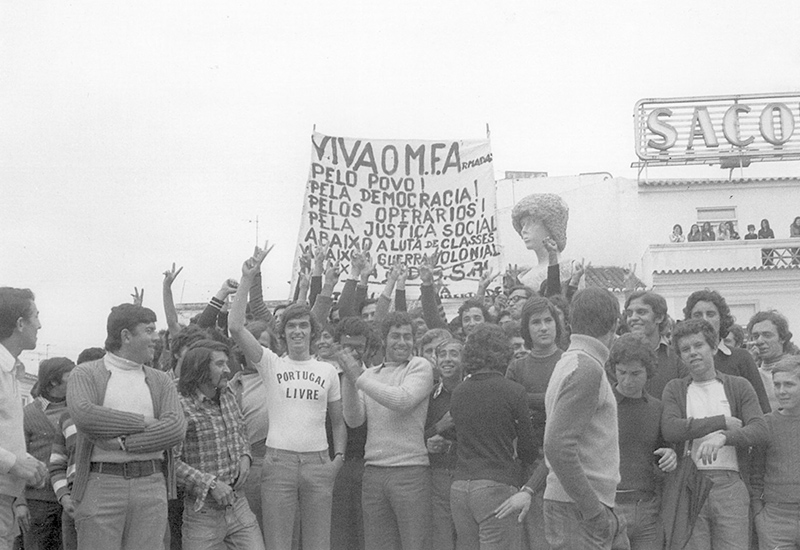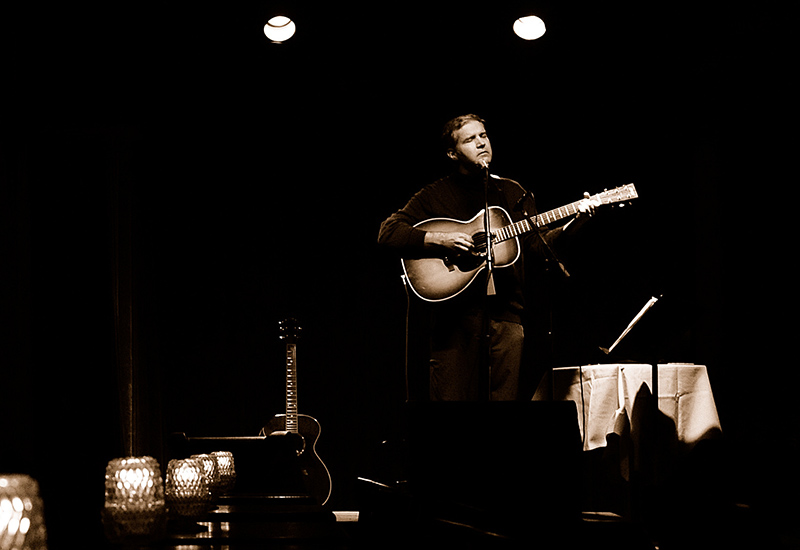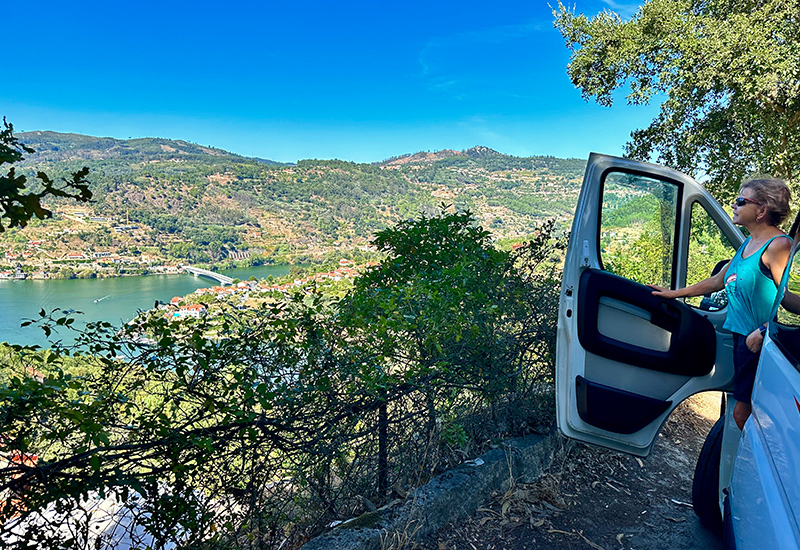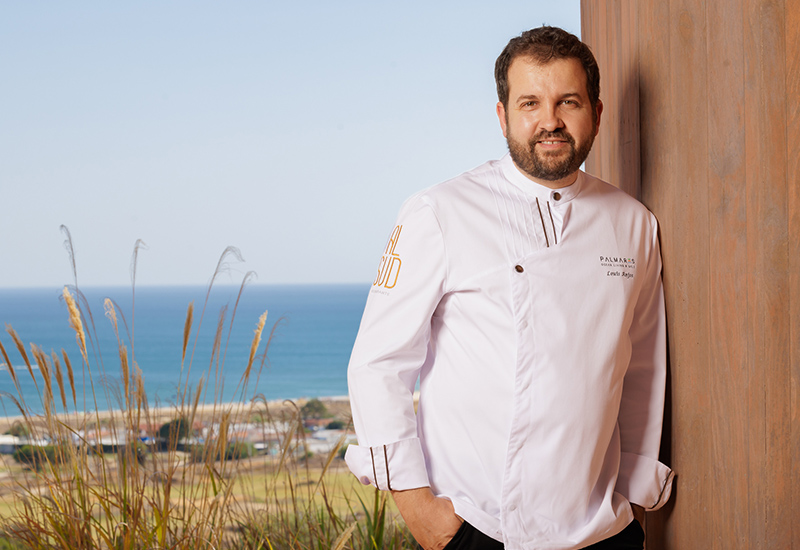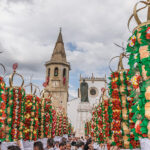WORDS Julian Putley
There are many species of fish that are abundant in Portuguese waters; it has a coastline of nearly 1800 km. Its geographical location provides for the cold waters from the north to mix with tropical waters from the south to cause an upwelling creating perfect conditions for plankton and consequently food for fish. So why, you may well ask, is Bacalhau the national dish of Portugal when its main ingredient is cod, not native to Portuguese waters? History provides the answer.
Portugal is famous for its voyages of discoveries. It was in these early days when, in the 16th Century, a voyage of exploration looking for a western route to India discovered the island of Nova Scotia and a plethora of cod. They caught a boat load and must have salted it for the voyage back to Portugal, but when they arrived, they dried it – hey presto – dried salt cod.
The dried salted cod became a staple food on the long voyages of discovery. It is estimated that a sailor of the day needed 4000 calories and the dried fish was rich in protein. The government subsidised the fishing fleets and salt cod became a staple food for the poor as well as sailors.
By the 17th Century, the King decided to stop the financial support of the fishing fleets, so cod became expensive. Bacalhau became a dish of the wealthy – a luxury and gourmet meal, so the salted fish was now common through all levels of society.
In the 1930s, Antonio Salazar became the dictator of Portugal. He was a nationalist conservative, anti-democracy, anti-liberal and he had a policy of keeping the people ‘happy and poor.’ It was Salazar who encouraged the North-Atlantic fishing trade and he put a cap on the price of cod. Many of the fishermen were paid in product, thus ensuring that the fish dishes became even more universal.
The popularity of salt cod was also a result of the Catholic religion. Meat is forbidden on Fridays during Lent, so fish is the alternative. Fresh fish would not keep on journeys to the villages in the interior and to the mountains – dried salt cod was the answer to this problem.
Salazar’s reign ended in 1969 when he fell ill and slumped into a coma. He was then removed from office. At the same time, the fishing fleets stopped voyaging to the fishing grounds of Nova Scotia and cod importation into Portugal declined until new sources were found in Norway and Iceland. By now, however, Bacalhau was so loved and so entrenched in Portuguese culture that it remains the national dish to this day and is traditionally eaten on Christmas Eve.

Bacalhau à Brás
2 Portions
Ingredients:
- 6 ounces bacalhau (salted cod), soaked overnight
- 2 medium white potatoes, peeled
- 1/4 cup lard, duck fat or coconut oil
- 1/2 onion, chopped
- 1/2 pinch saffron (about 5 threads)
- 1/2 teaspoon black pepper
- 4 eggs, lightly beaten
- A small handful of fresh parsley, chopped
- 3 ounces black olives (10 to 15 total)
Step 1
Gently rinse the salt cod under cold water to remove any surface salt. Soak overnight in cold water (12 to 18 hours) in the fridge, changing the water twice. Drain the fish, gently rinse again under cold water, then pat dry with paper towels. Shred the fish into bite-sized strips.
Step 2
Using a cheese grater or the grater attachment of a food processor, grate the potatoes into shreds. Soak in cold water for 5 minutes, then drain and rinse thoroughly and pat dry with paper towels.
Step 3
Warm the lard or duck fat in a large skillet on medium-high heat until shimmering. Add half of the potatoes and pan-fry, stirring often to keep the potatoes from sticking together; remove with a slotted spoon when they turn golden brown, about five minutes, and set aside to cool on paper towels. Repeat this process with the other half of the potatoes. Reduce heat to medium and discard all but one tablespoon of the cooking fat.
Step 4
Add the chopped onion and saffron to the skillet and sauté until the onion is translucent about 5 minutes. Add the fish and pepper; gently stir to combine. Allow to sauté until the fish is softened, usually three to five minutes.
Step 5
Add half of the fried potatoes, stirring to combine, then pour the beaten eggs over everything. Scramble the eggs until cooked, stirring occasionally, for approximately three minutes. Stir in the parsley and the other half of the potatoes; add the black olives and serve.
